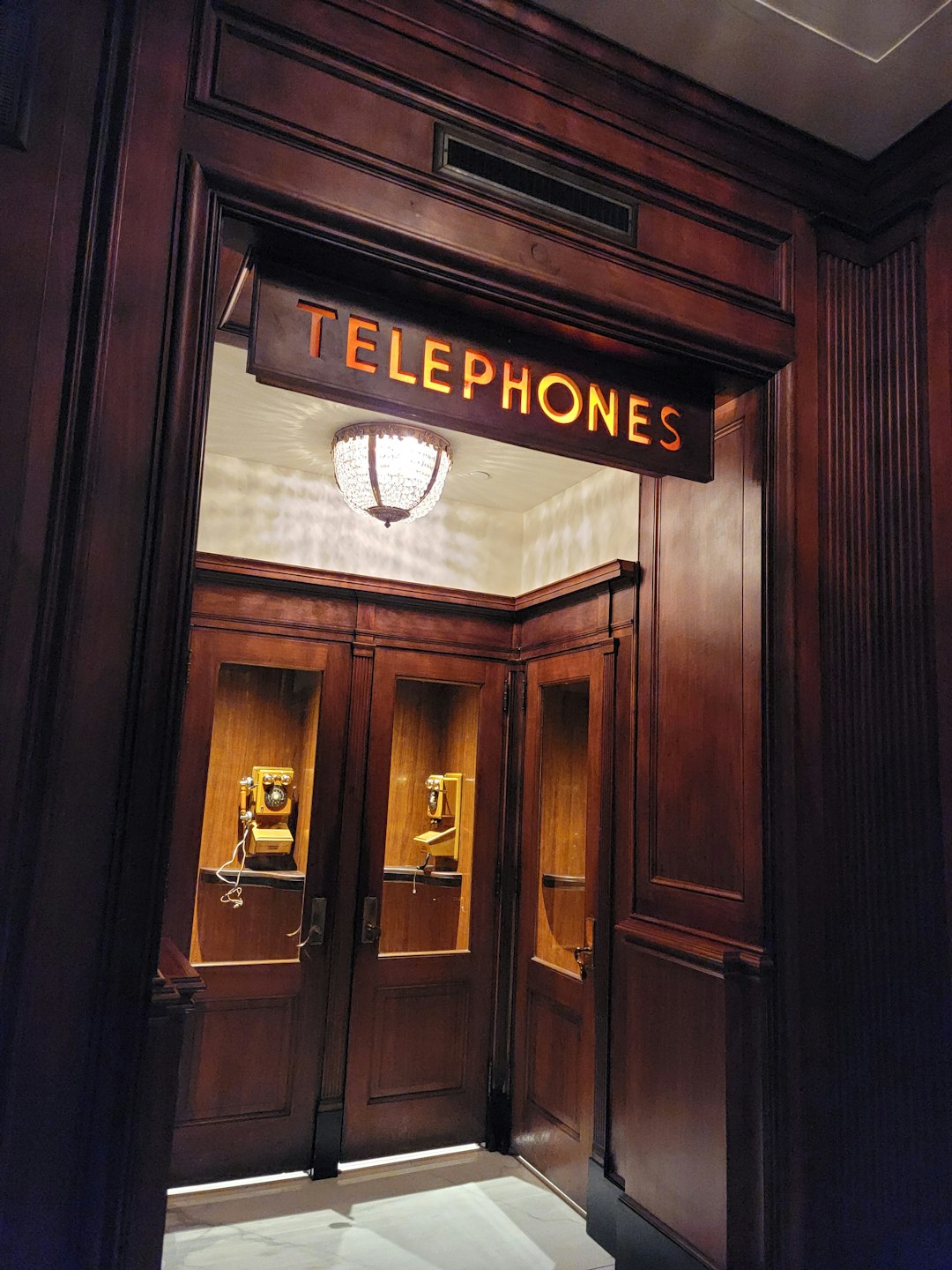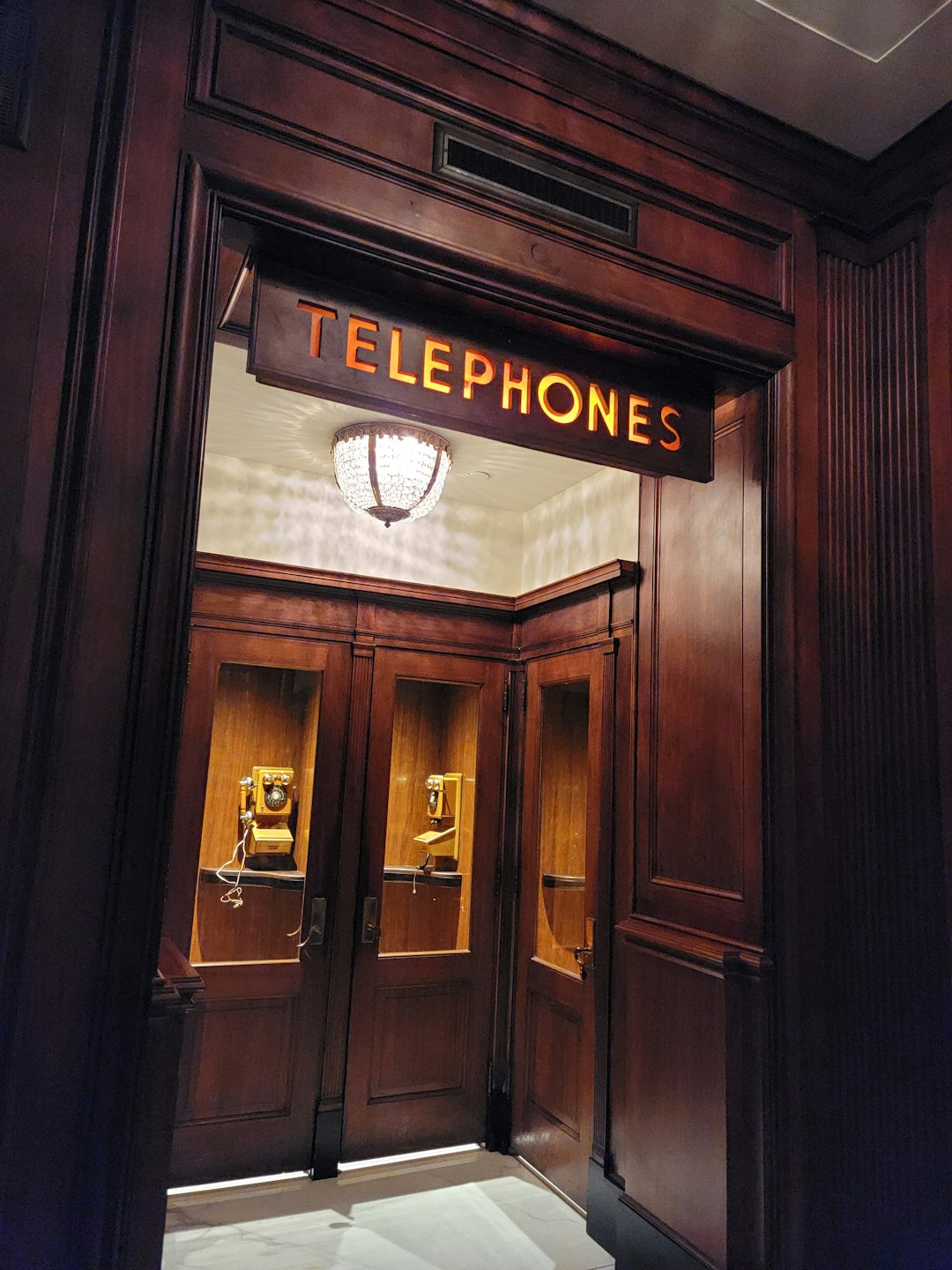Understanding and adhering to Chicago's anti-spam text rules, enforced by local laws and the FCC, is crucial for businesses and individuals to avoid significant fines and foster trust. The Telephone Consumer Protection Act (TCPA) protects consumers from unwanted calls and messages, with specialized Spam Call law firm Chicago experts guiding companies on compliance exceptions and opt-out mechanisms. Strict enforcement by regulatory bodies, like the Chicago Department of Business Affairs and Consumer Protection (BACP), serves as a deterrent. Businesses must prioritize ethical marketing practices, implement robust consent systems, maintain records, train staff, and stay updated on legal precedents to avoid spam call regulations.
“Chicago’s anti-spam text rules have become a vital legal framework to protect residents from unwanted and malicious phone calls, known as spam texts. With strict penalties for non-compliance, this article explores the intricate details of these regulations from a legal perspective. We delve into the impact of spam texts on Chicagoans and businesses, dissect key components of the anti-spam law, and uncover enforcement mechanisms. Additionally, we offer best practices for local law firms to navigate these rules effectively.”
Understanding Chicago's Anti-Spam Text Rules: A Legal Perspective

Understanding Chicago’s Anti-Spam Text Rules from a legal perspective is crucial for businesses and individuals alike, especially in today’s digital age where communication often takes place via text message. These rules, designed to combat unwanted and abusive messages, are strictly enforced by local laws and regulated by the Federal Communications Commission (FCC). In Chicago, the focus is on preventing spam call disruptions and ensuring consumer privacy.
A spam call law firm in Chicago can provide valuable insights into these regulations. Key aspects include obtaining explicit consent before sending text messages for marketing purposes, allowing recipients to opt-out easily, and adhering to specific time restrictions. Failure to comply may result in significant fines. Understanding and respecting these rules not only helps businesses avoid legal repercussions but also fosters a more positive and trustworthy relationship with their customers.
The Impact of Spam Texts on Consumers and Businesses in Chicago

In today’s digital age, the rise of spam texts has become a pervasive issue for both consumers and businesses in Chicago. These unsolicited messages, often promoting products or services, can be a nuisance and even pose significant risks to privacy. According to the Spam Call law firm Chicago, many residents and local companies are affected daily by these unwanted communications, leading to increased stress and potential financial losses.
For consumers, spam texts disrupt their daily lives with persistent notifications, sometimes containing malicious links or scams designed to steal personal information. Businesses, on the other hand, face challenges in maintaining customer trust and satisfaction due to these intrusive messages. The constant need to manage and filter such calls or texts can consume valuable resources, hindering productive operations. Chicago’s antispam text rules are designed to mitigate these issues, ensuring legal compliance and providing a safer environment for both residents and enterprises.
Key Components of the Anti-Spam Law: What's Included and Excluded

The Anti-Spam Law, also known as the Telephone Consumer Protection Act (TCPA), is a comprehensive legislation designed to protect consumers from unwanted spam calls and text messages. Key components include restrictions on automated or prerecorded calls, requirements for opt-in consent, and stringent penalties for non-compliance. Chicago spam call law firms play a crucial role in ensuring businesses adhere to these rules.
The TCPA explicitly excludes certain types of communication, such as calls made with the prior express consent of the recipient, messages related to collections or fraud prevention, and notifications from non-profit organizations. Understanding these inclusions and exclusions is vital for businesses aiming to remain legally compliant. Non-compliance can result in substantial fines and reputational damage, making it essential for Chicago-based companies to seek guidance from legal experts specializing in spam call regulations.
Enforcement Mechanisms: How Chicago Enforces Compliance with Spam Laws

In Chicago, compliance with spam laws is rigorously enforced by regulatory bodies and legal professionals specializing in telecommunications and consumer protection. The primary mechanism for enforcement involves monitoring and investigation. Law firms dedicated to spam call law in Chicago actively track potential violations, analyzing phone records and communication patterns to identify mass unsolicited texts or calls.
When a violation is suspected, these law firms collaborate with the Chicago Department of Business Affairs and Consumer Protection (BACP) or other relevant authorities. These entities have the power to issue citations, fines, and legal warnings to non-compliant businesses. The strict enforcement of spam laws in Chicago serves as a deterrent, encouraging businesses to adhere to regulations to avoid legal repercussions and protect consumers from intrusive and unwanted communication.
Best Practices for Chicago Law Firms to Navigate and Comply with Text Spam Rules

Chicago law firms must stay informed and adhere to strict regulations to avoid engaging in spam calls, ensuring they maintain ethical practices in their marketing efforts. The first step is to understand the Illinois and Chicago-specific laws regarding text message spam. These rules are designed to protect consumers from unsolicited texts, including legal notices and promotional content. Law firms should implement a robust opt-in system, allowing clients and potential customers to explicitly consent to receiving text communications. This simple yet effective practice can prevent countless instances of spam complaints.
Additionally, firms should maintain detailed records of client consent, ensuring each individual’s agreement is clear and voluntary. By fostering a culture of compliance within the firm, attorneys and support staff can be trained to recognize and adhere to these rules. Regular reviews of text message campaigns and staying updated on legal precedents related to spam laws will help Chicago law firms navigate this complex landscape successfully and maintain their reputation in the industry while avoiding any legal repercussions associated with spam call regulations.






